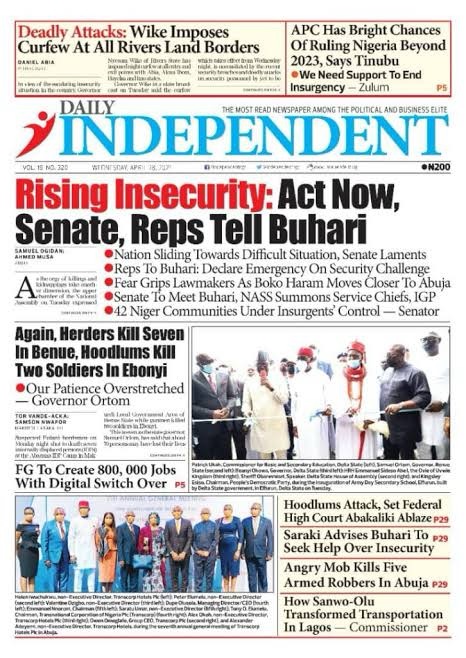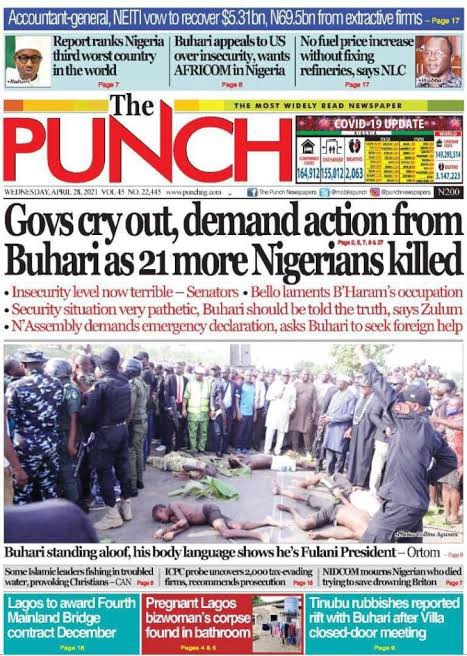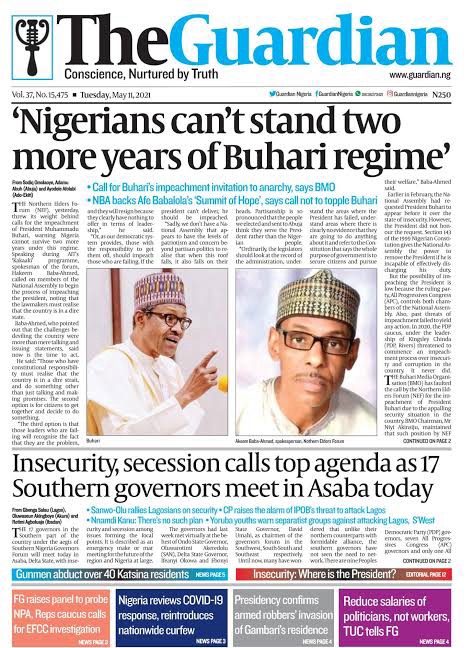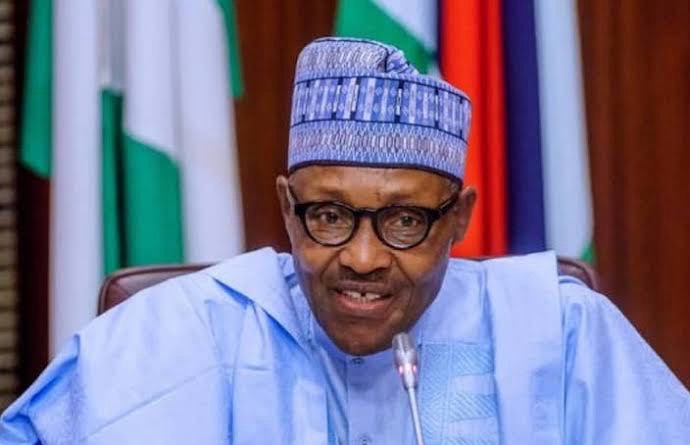There’s a popular saying that “Rome wasn’t built in a day.” Likewise, Nigeria’s present economic hardship and rising insecurity didn’t just appear overnight.
Many of the challenges Nigerians face today from food inflation and joblessness to insecurity and a weak currency, are rooted in the decisions and leadership style of past administrations. One name that continues to come up in these conversations is former President Muhammadu Buhari.

When Buhari declared his intention to run for office in 2015 under the APC, millions of Nigerians were filled with renewed hope. As a former military general known for discipline, many believed he would fight corruption, fix the economy, and secure the country. But by the time he left office in 2023, that initial hope had faded into frustration. For many citizens, Buhari not only failed to deliver on his promises he made the problems even worse.
FAVOURITISM:
One of the most glaring issues was the favoritism seen in political appointments. Throughout his time in office, Buhari was repeatedly accused of nepotism. Key positions in government, security agencies, and major institutions were often filled with individuals from the northern region, sidelining federal character and merit. This deepened divisions and left many Nigerians feeling excluded from their own government.

CORRUPTION:
Moreover, Buhari’s much-publicized fight against corruption eventually became a source of disappointment. While he personally maintained a clean image, numerous scandals emerged under his watch from the NNPC and CBN to the aviation and justice sectors. Despite public outcry, many of these cases were ignored or buried. The lack of consequences for looters sent a dangerous message that corruption could thrive unchecked.
BORROWING
In addition, the Buhari government’s borrowing spree left Nigeria with a mountain of debt. Trillions of naira were borrowed for infrastructure projects, yet many of these projects were either abandoned, poorly executed, or invisible altogether. Today, Nigeria grapples with massive debt repayments, while most citizens see little to no benefit from the loans.
COLLAPSE OF ECONOMY
The economy also suffered immensely during his tenure. Inflation soared, businesses collapsed, and unemployment worsened. The naira lost significant value against the dollar at a point per minute, and government policies including excessive money printing made things even worse. There were times that prices of commodities were changing per minute in the markets, and by the end of Buhari’s term, the average Nigerian was struggling more than ever to make ends meet.

INSECURITY
On top of all this, insecurity reached alarming levels. Despite promises to lead the fight against terrorism from the front, attacks by Boko Haram, bandits, and unknown gunmen intensified. Billions were spent on security, yet many Nigerians continued to live in fear. Rural communities were destroyed, schools shut down, and travel became dangerous in many regions, farms deserted.
Nigeria’s current struggles are not just the result of recent events but the outcome of years of missteps and missed opportunities. Buhari’s presidency left behind a legacy that continues to weigh heavily on the country. As the 2027 elections approach, Nigerians must reflect on the past and choose leaders who have both vision and integrity. Our future and that of our children depends on it.

